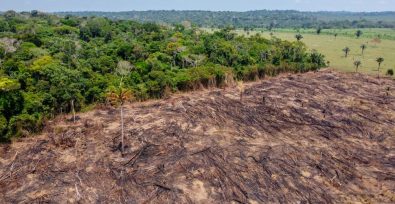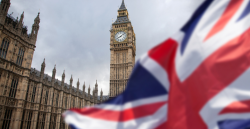With their ability to monitor financial transactions, banks and other financial institutions are one of the most important players in the fight against human trafficking and modern slavery.
But a new report has found that less than half of U.K. bank specialists are confident they can spot human trafficking, casting doubt on their effectiveness in this role.
Transactional behavior can be a key indicator of human trafficking and other crimes, including red flags such as rapid transfer of funds or large numbers of cash deposits.
U.K. financial institutions are legally required to enforce systems to tackle the risk of all types of financial crimes, including human trafficking, and many now apply complex advanced analytics to detect such activity.
However, according to the new report by BAE Systems, two in five anti-money laundering, risk, and fraud professionals lack confidence in their ability to see the signs of trafficking among transactions—and just one in five are confident they can stop transactions related to the crime.
Meanwhile, over one in 10 financial institutions do not even have anti-money laundering measures in place, despite legal obligations.
Banks are also under considerable pressure from their customers to step up their efforts: two-thirds claim they would leave a bank that does not take a proactive approach.
The Independent reports:
“There has certainly been a marked shift in consumer attitudes towards banks and how they protect us over the last few years. Issues such as money laundering and trafficking are real-life human problems that are becoming more widely reported and understood,” says [Rob Horton, head of financial crime solutions at BAE systems].
“Three-quarters of [consumers] want their banks to be more transparent about this sort of criminal activity – in particular, demonstrating how it impacts customers as well as the wider society.”
Twenty-million alerts of possible suspicious activity are identified and investigated every year by U.K. banks and building societies.
Of these, 400,000 are submitted as suspicious activity reports (SARs) to U.K. authorities, a requirement under the Proceeds of Crime and Terrorism Acts.
SARs aid law enforcement by providing private sector intelligence on criminal activity that might otherwise be hidden from them.
Some work specifically with anti-slavery charities to help identify trafficking.
But BAE System’s report clearly shows that there is much work to be done to close the concerning skills gap in the sector and effectively work against human trafficking.







Freedom United is interested in hearing from our community and welcomes relevant, informed comments, advice, and insights that advance the conversation around our campaigns and advocacy. We value inclusivity and respect within our community. To be approved, your comments should be civil.